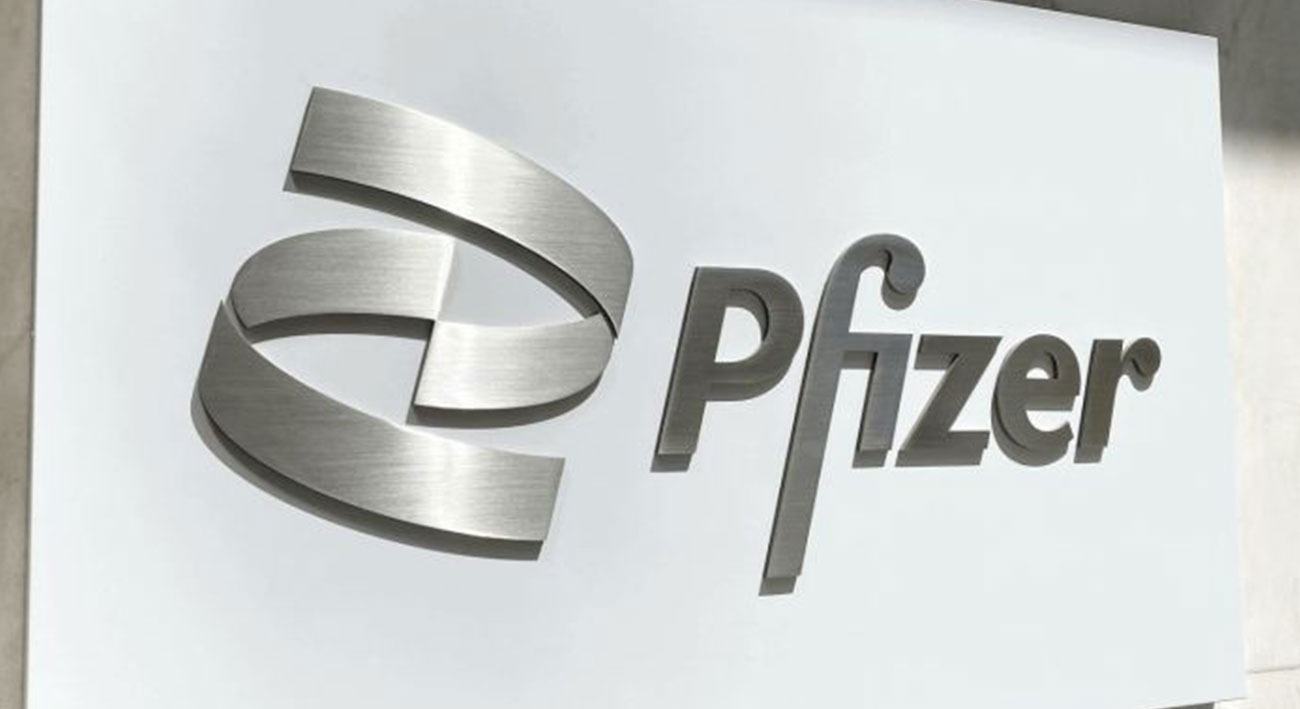
FDA won't restrict access to abortion drugs amid safety concerns
The FDA will not restrict the use of mifepristone until there is new evidence of safety concerns, the agency's chief said. At the same time, a large-scale study showed that one in ten American women experienced serious side effects from this abortifacient - 22 times the rate indicated in the labeling.
The head of the U.S. Food and Drug Administration (FDA) Marty Makary said that he does not plan to change the current regulations on the drug for medical abortion mifepristone, but is ready to revisit the issue when new information about its safety appears. About it writes the Bloomberg agency.
According to him, the drug is used to terminate more than half of pregnancies in the country, so access to it is not planned to be restricted.
Meanwhile, analysts from the Ethics and Public Policy Center (EPPC) published a study based on 865,727 cases of mifepristone prescriptions from 2017 to 2023, taken from the database of insurance organizations. They found that nearly 11% of women in the U.S. experienced significant health problems within 45 days of taking mifepristone for medical abortion.
The risk of serious side effects of mifepristone - sepsis, infections, bleeding or conditions requiring emergency medical care - was 22 times higher than stated in its labeling, according to the material. In clinical trials, complications occurred in only 0.5% of participants.
As indicated, during the administrations of Barack Obama and Joe Biden, the procedure for obtaining a prescription for abortifacients was gradually simplified amid increased demand. As of 2023, a single online consultation with any health care provider, including pharmacists, is sufficient to prescribe mifepristone, after which the medication can be ordered to be delivered by mail and self-administered. At the same time, reporting of adverse reactions is minimized - only in the event of the patient's death.
Previously, prescriptions were written exclusively by doctors. This required visiting them in person at least three times, and the procedure was carried out under medical supervision. Side effects had to be reported to the regulator.
The authors of the publication called on the FDA to return to the previous safety protocols. In their opinion, such measures would reduce threats to women's health and better monitor the effects of the drug.
Mifepristone entered the US market in 2000. It is usually used in conjunction with misoprostol to terminate pregnancies of up to seven weeks.
The drug has been the subject of litigation and political controversy in recent years. Last June, the U.S. Supreme Court rejected a lawsuit to ban its mail-order dispensing, filed by the Alliance for Hippocratic Medical Advocates and four anti-abortion physicians.
At the same time, a number of states, including Missouri, Kansas, and Idaho, continue to sue the FDA, seeking a mandatory in-person doctor's visit before receiving a prescription for medical abortion supplies.
In January 2024, the new U.S. Secretary of Health and Human Services, Robert F. Kennedy, Jr. announced the launch of a safety review of the use of mifepristone on behalf of Donald Trump.
Source: Lilly Investors
